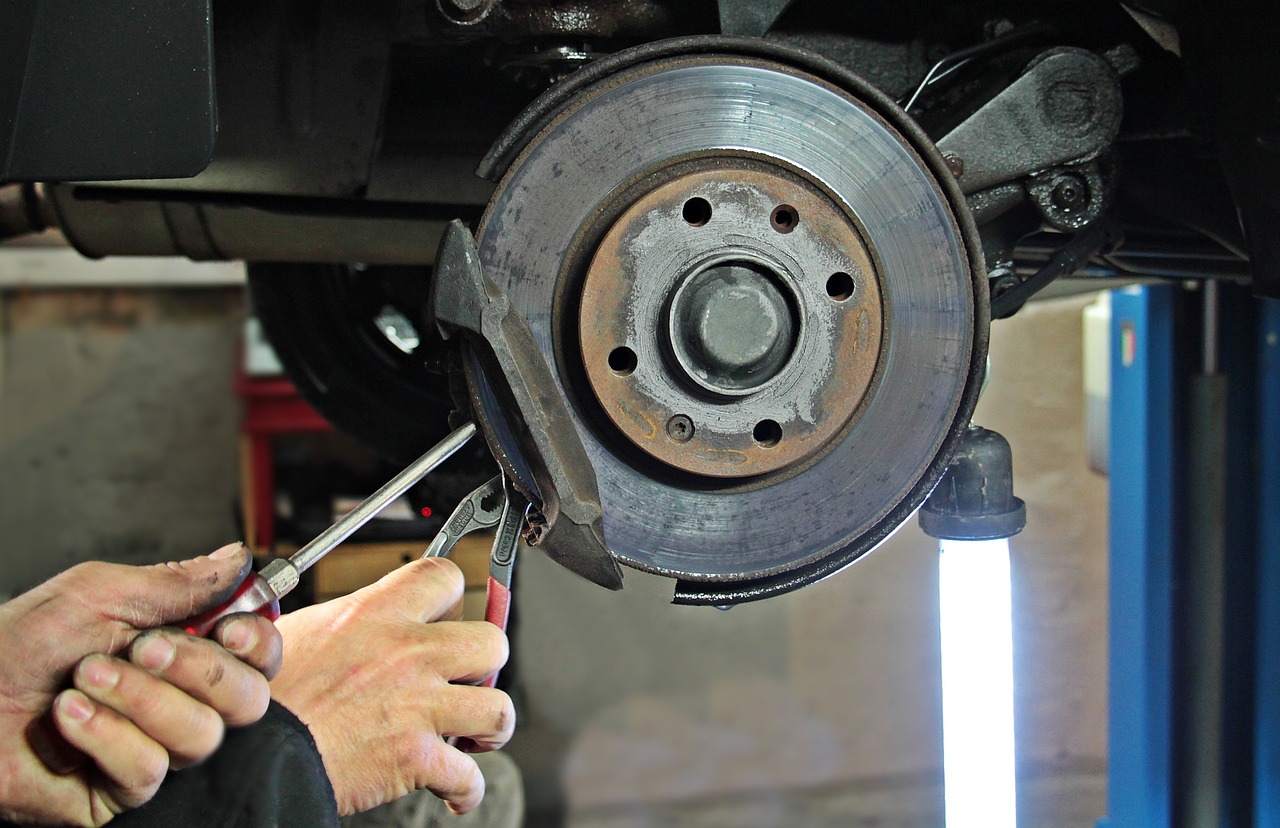
Brakes are a vital part of your Chevy’s safety equipment, as they allow you to control your speed and stop at any time. Over time, your brake components will become worn or damaged, and you’ll need to visit your Chevy dealer for a brake repair. These are some signs that your brakes are in trouble.
Pulling to One Side
When you hit the brakes, pressurized brake fluid forces the calipers to close on either side of each wheel rotor. The calipers contain brake pads which generate friction against the smooth rotor surfaces, and this friction brings the wheels to a stop. To ensure safe and effective braking, all the calipers close on the rotors simultaneously.
If your car pulls to one side, one of the calipers hasn’t engaged, and that wheel continues to move until it’s brought to a stop by the other three wheels. The two causes of this situation are a blockage in the brake hose connected to the affected caliper or a rusted or jammed caliper. Our technicians will need to examine your braking system to identify the source of the trouble and then repair it.
Leaking Brake Fluid
Brake fluid is maintained at high pressure in the braking system, and this pressure allows it to supply the hydraulic force that makes your brakes engage. The braking system generates heat due to the pressure inside it, and the combination of heat, pressure, and time can cause wear and tear on the brake hoses and lines. If the damage becomes severe enough, the braking system can develop leaks.
Leaking brake fluid is very difficult to spot, as it’s thin and looks like cooking oil. If your brakes are leaking, the first sign you’ll experience is decreased resistance when you step on the brake pedal. The resistance is generated by the pressurized brake fluid. As the fluid level drops, your brake will become less responsive. We can fix this situation by tracing the leak and sealing it, then we’ll refill the fluid.
Burning Chemical Smell
Brake fluid ages like any other fluid, and older fluid loses its heat-resistant properties. As we’ve seen, the brake fluid is pressurized, and if you have to ride your brakes, particularly on a hot day, the brake fluid can overheat. If the temperature rises high enough, the brake fluid can start to burn and release a foul, chemical smell.
Burning won’t consume the fluid, but it destroys the fluid’s ability to provide hydraulic power. Without hydraulic power, your brakes won’t work, and you could have an accident. If you smell a burning chemical smell, pull over ASAP and call us so our technicians can investigate and fix the problem.
If your brakes don’t work as well as they should, call us ASAP at Olsen Automotive in Redwood Falls, MN.
Image via Pixabay



